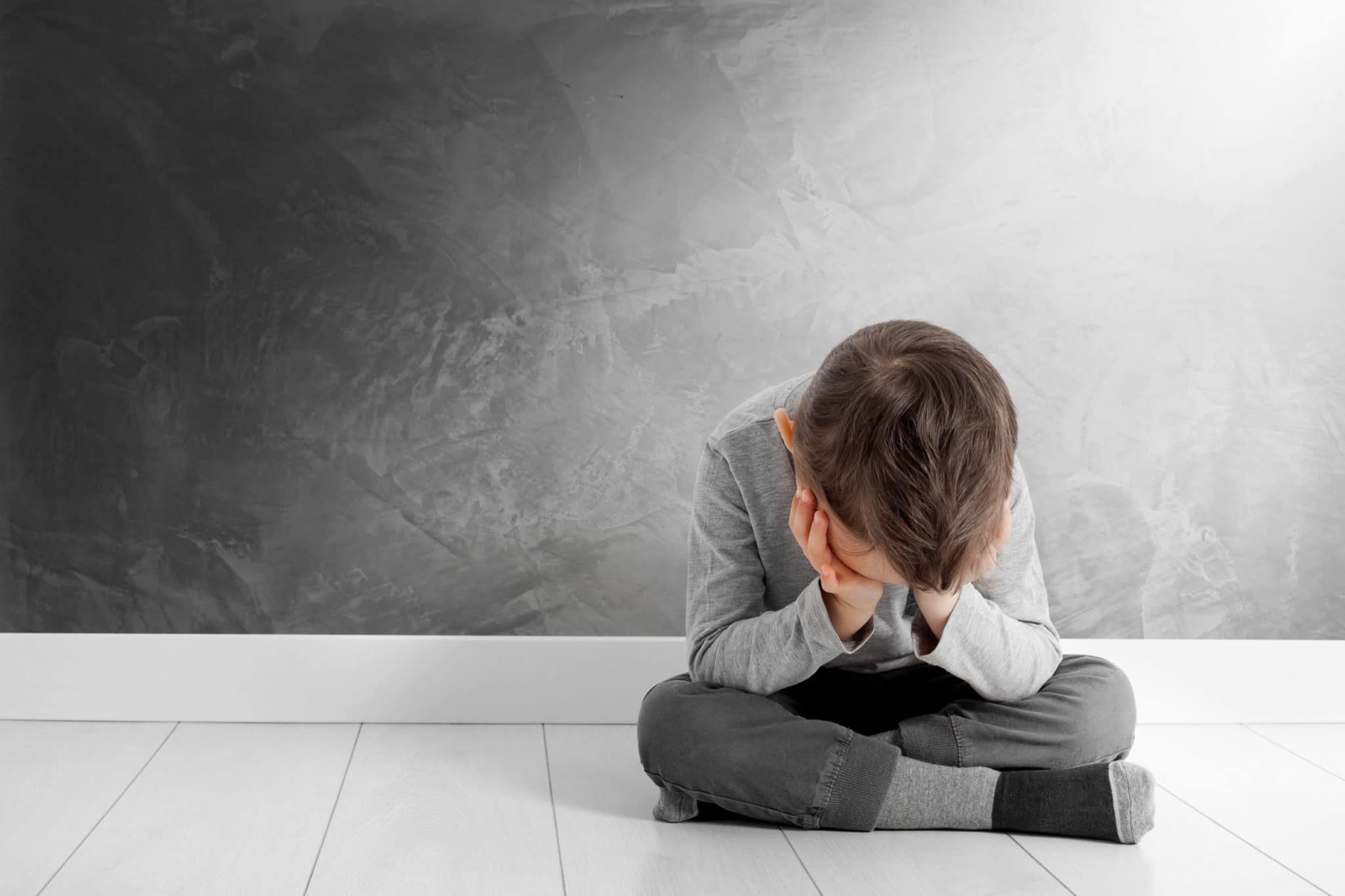IL Domestic Violence: How It Impacts Child Custody
Unfortunately, domestic violence is an issue that affects the lives of many families in America. Domestic violence is a serious issue that can have an impact on many aspects of a person’s life, including pending divorce and child custody.
The state of Illinois wants to protect children from domestic violence situations, especially if it’s occurring during a divorce. They prioritize a child’s safety, and, because of that, it’s vital to know how any domestic violence charges can shape the custody you may be seeking for your children.
Here’s what you need to know about domestic violence in Illinois and how it can affect child custody.
Illinois Domestic Violence Act
The Illinois Domestic Violence Act has been around since the mid-1980s. It provides the legal definition for domestic violence in the state, which is emotional or physical abuse, as well as activities that interfere with a person’s personal liberty. Willful deprivation is also a part of how domestic violence is defined under Illinois statutes.
Victims of domestic violence are not just those that a person is or has been married to, either. Household or family members can include parents, children, or anyone with whom you have been involved in a significant romantic relationship.
Any type of domestic abuse in child custody cases can have a very negative impact. Under the Illinois Domestic Violence Act, any previous domestic abuse that has been directed at a child or adult is considered in cases of custody.
So, if you have a domestic abuse charge in your past, it can have a major bearing on the outcome of child custody for you. In fact, parents of children with a past that involves domestic abuse may be excluded from primary custody of children as a result. Parenting time may be limited as well.
Parenting Time
If there is domestic abuse or domestic violence involved with a child custody case, the court may determine that the person accused of or with previous domestic violence charges should not be in contact with the involved child or children.
In fact, if there has been domestic violence that includes physical violence or emotional trauma, the court may not look too favorably on the defendant’s fitness to care for the child appropriately or keep them safe.
However, the court does start with the premise that cooperation and involvement from both parents are in the best interest of any involved children. So, there is a high bar against the court denying a parent visitation rights. However, they will deny visitation if it is believed that the child’s physical, emotional, or mental health is endangered by visitation.
It’s not uncommon for child visitation that involves domestic violence to garner special orders from the court by which the parties must abide.

For example, they may grant visitation but order that the address of the parent who has custody of the child primarily not be revealed to the other parent – if they feel it endangers their wellbeing. Visitation may have to occur at someone else’s home or at a private or public facility. Supervised visitation may also be ordered by the court.
Domestic violence is serious, and it can really obscure the already complicated matter of child custody when two parents are splitting up. If you are being accused of domestic violence, make sure you understand what that can mean for your child custody case.
About the Author:
Andrew M. Weisberg is a former felony prosecutor who now serves as a defense attorney in the greater Chicago area. He has extensive experience in handling all types of criminal cases, from sex offenses and domestic violence to retail theft-related crimes, murder, and drug crimes. His work has been recognized by Avvo, Expertise, National Trial Lawyers, and others, and he has been featured on countless news outlets for his experience and knowledge in criminal law.







 Blog Home
Blog Home 










